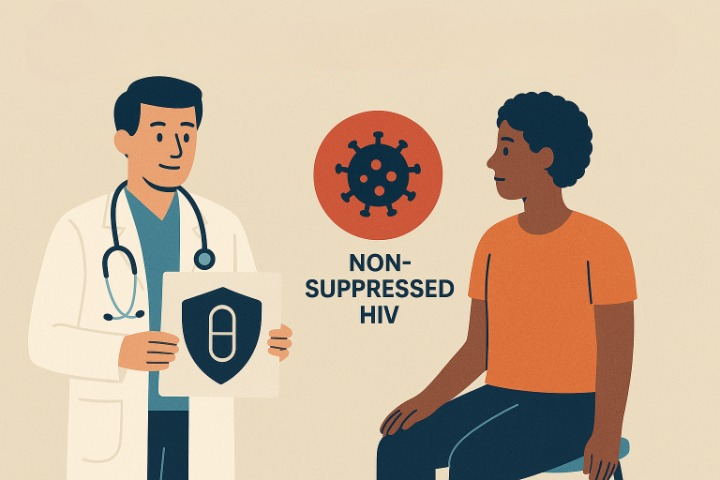
Gilead Sciences, Inc. announced that the U.S. Food and Drug Administration (FDA) has approved a supplemental New Drug Application (sNDA) for Biktarvy (bictegravir 50 mg/emtricitabine 200 mg/tenofovir alafenamide 25 mg tablets), expanding its indication to include treatment of people with HIV (PWH) who have an antiretroviral treatment (ART) history but are not virologically suppressed, provided they have no known or suspected resistance to the integrase strand inhibitor (INSTI) class, emtricitabine, or tenofovir.
This new approval addresses a critical unmet public health need, as only approximately 65% of PWH in the United States are virally suppressed at any given time, with many interrupting care and requiring re-engagement. Research indicates that nearly 80% of new HIV diagnoses stem from gaps in care, highlighting the urgency of effective treatment options for viremic patients restarting ART. The decision was supported by data from studies 1489 and 1490, which demonstrated Biktarvy’s rapid and durable viral suppression, an established long-term safety profile, and zero treatment-emergent resistance over five years in treatment-naïve patients.
Biktarvy, a complete single-tablet regimen combining the unboosted INSTI bictegravir with a tenofovir alafenamide backbone, offers once-daily dosing with a high barrier to resistance and limited drug interaction potential. Jared Baeten, MD, PhD, from Gilead, emphasized the drug’s role in supporting a broader range of PWH, including those restarting treatment, aligning with the company’s commitment to end the HIV epidemic through person-centered care. Paul E. Sax, MD, from Brigham and Women’s Hospital, noted that this expanded indication enables healthcare providers to confidently manage viremic patients, reducing transmission risks when viral suppression is achieved.
However, Biktarvy carries a boxed warning for severe hepatitis B exacerbations upon discontinuation and requires monitoring for renal and hepatic functions. This approval marks a significant step in enhancing treatment options and outcomes for PWH, particularly those with interrupted care.

